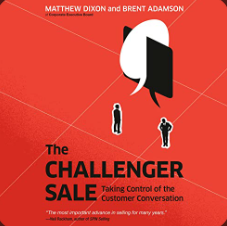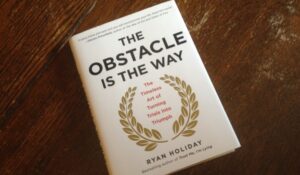I recently re-read the book “The Challenger Sale” as a recommendation from my sales manager and mentor Marina Leight. It was really good to be reminded of several key skills and tactics that high performers (Challengers) use to be successful. I will be writing a few posts on the different chapters that had an impact on me (again). In the book “The Challenger Sale: Taking Control of the Customer Conversation,” the authors introduce the idea of “telling a story” as a way to engage with customers and sell more effectively. This approach is particularly relevant in Software/Technology sales, where the customer’s needs and challenges can be complex and multifaceted.
To tell an effective story in software/tech sales, there are three key elements that need to be considered: relevance, authenticity, and differentiation. Relevance means that the story must speak directly to the customer’s unique situation and challenges. For example, if the customer is struggling with inefficient processes or outdated technology, the story needs to show how the software solution can help them solve those specific problems.
Authenticity means that the story needs to be based on real-world examples and experiences, rather than generic marketing-speak. Software salespeople can draw on case studies or customer testimonials to create authentic stories that resonate with the customer. These stories can show how the software has helped other companies in similar situations, and provide concrete evidence of its value.
Differentiation means that the story needs to highlight the unique value proposition of the software solution being sold. In software/tech sales, there is often a lot of competition, so it’s important to show how the software is different from other solutions on the market. This could be in terms of features, functionality, or customer support.
To illustrate these principles, let’s consider a software company that sells project management software. The sales team could tell stories about how the software has helped other companies streamline their project workflows, improve collaboration between team members, and ultimately, deliver projects more efficiently. These stories could be based on real-world examples and provide concrete evidence of the software’s value. By highlighting the unique features and functionality of the software, the sales team can differentiate it from competitors and win over customers who are looking for a solution that meets their specific needs.
Overall, the idea of telling a story in software sales can be a powerful tool for building trust, creating emotional connections, and ultimately, closing more deals. By focusing on relevance, authenticity, and differentiation, sales professionals can become effective storytellers who engage with customers in a more meaningful way and demonstrate the value of their software solutions.





